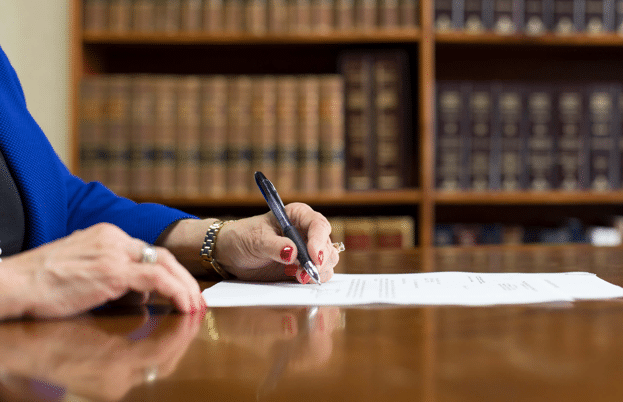One of the most essential elements of a comprehensive estate plan is a Last Will and Testament (Will). A Will describes how your property is distributed upon your death. It also names an individual or entity to serve as the Personal Representative of your estate. Your Personal Representative will be responsible for administering and distributing your Estate upon your death and will be accountable to the probate court.



Without a Will, a deceased person’s estate will be distributed according to Florida intestacy statutes to certain heirs in an order of priority. Executing a Will allows you to control who will receive your property at your death and how they will receive it – whether outright or with restrictions.
To be valid in Florida, a Will must be in writing and signed by you and properly witnessed by two persons who are in your presence at the time of signing. A Will should also be made self-proving so that your Personal Representative does not have to find the witnesses to your Will upon death. In order to make a Will self-proving, a notary must take your oath and the oaths of the witnesses, which are recorded on a separate self-proof affidavit attached to the Will.
So long as you have testamentary capacity, you may amend or revoke your Will at any time. An amendment to a Will is called a “codicil.”



